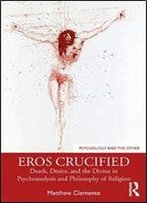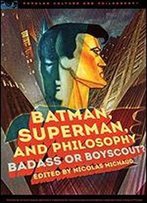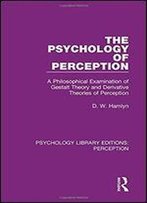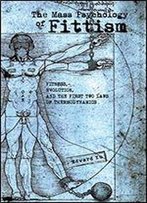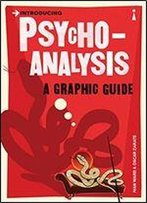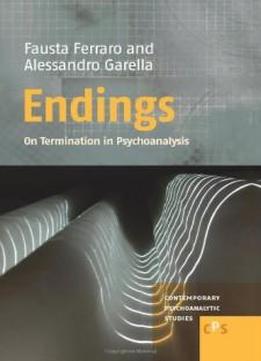
Endings: On Termination In Psychoanalysis (contemporary Psychoanalytic Studies)
by Fausta Ferraro /
2009 / English / PDF
2.5 MB Download
Ever since Analysis Terminable and Interminable, the termination of
therapy has placed the clinical and metapsychological levels of
psychoanalytic thought in a dialectical tension. The rereading
proposed by the authors situates Freud and Ferenczi as two poles of
a debate which is still ongoing: psychoanalytic literature
demonstrates the convergences, divergences and hybridizations which
have come about through time, the various schools and the geography
of analysis. The authors explore the development of the termination
process, and within this, the termination event as a final moment,
each with its own characteristics. The beginning of the termination
process constitutes a critical moment in the analysis, one we may
investigate through the conceptual lens of liminality, a sort of
threshold or border that is useful for the reading of a wide range
of phenomena related to termination. Every termination is
nonetheless incomplete, and it is against this backdrop that the
authors' theoretical reflection and clinical experience interact,
suggesting a typology of analytic termination. From this, a map of
a little-explored terrain emerges, where we see a mixing of the
boundaries between interior and exterior reality, individual and
couple goals, and theoretical aims and concrete aspirations - all
requiring a meticulous task of reconnaissance.
Ever since Analysis Terminable and Interminable, the termination of
therapy has placed the clinical and metapsychological levels of
psychoanalytic thought in a dialectical tension. The rereading
proposed by the authors situates Freud and Ferenczi as two poles of
a debate which is still ongoing: psychoanalytic literature
demonstrates the convergences, divergences and hybridizations which
have come about through time, the various schools and the geography
of analysis. The authors explore the development of the termination
process, and within this, the termination event as a final moment,
each with its own characteristics. The beginning of the termination
process constitutes a critical moment in the analysis, one we may
investigate through the conceptual lens of liminality, a sort of
threshold or border that is useful for the reading of a wide range
of phenomena related to termination. Every termination is
nonetheless incomplete, and it is against this backdrop that the
authors' theoretical reflection and clinical experience interact,
suggesting a typology of analytic termination. From this, a map of
a little-explored terrain emerges, where we see a mixing of the
boundaries between interior and exterior reality, individual and
couple goals, and theoretical aims and concrete aspirations - all
requiring a meticulous task of reconnaissance.


